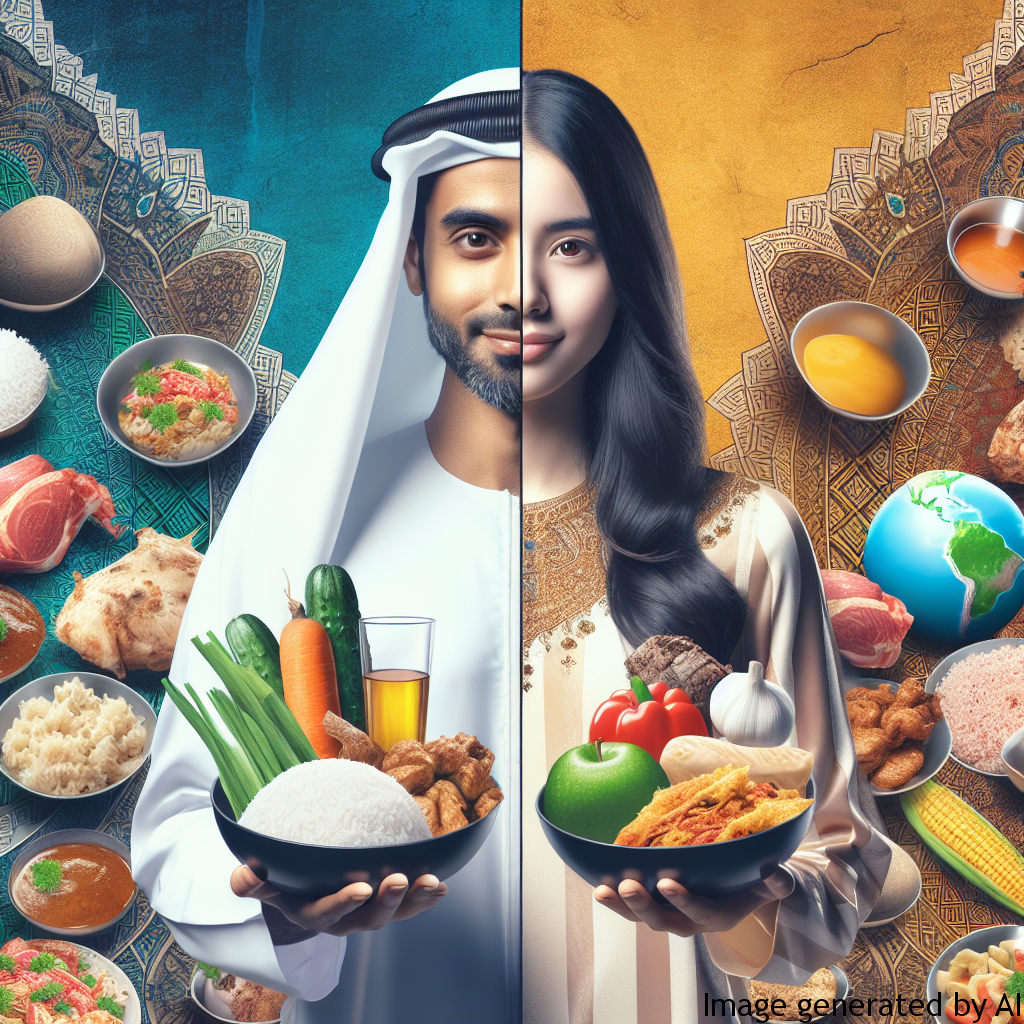Introduction
The way individuals view health and nutrition can be influenced by a multitude of factors. These factors can range from personal beliefs, societal norms, cultural backgrounds, and gender roles. This article explores how gender perspectives, particularly towards men, impact their views on health and nutrition as well as their psychological wellbeing.
The Description of Gender Expectations and their Impact on Men’s Mental Health
Traditional Gender Roles and Mental Health
Conventional gender roles often dictate that men should be tough, resilient, and emotionally stoic. These expectations may discourage men from acknowledging mental health issues or seeking professional help, perpetuating a stigma around men’s mental health.
Nutrition and Health Expectations
Similarly, there are certain expectations about men’s diets and physique. Men are often expected to consume food high in proteins and calories, closely associated with building muscle and maintaining a ‘manly’ physique. Such expectations can lead to pressure to maintain specific diet routines, potentially leading to unhealthy eating habits.
Examples of How Gender Roles Can Influence Men’s Lives
The societal expectations of a ‘macho’ image can result in men ignoring signs of mental distress to avoid appearing weak. This reluctance to seek assistance can lead to severe mental health issues, including depression, anxiety, and high suicide rates among men.
On a nutritional perspective, the stereotype that men should consume large quantities of meat or calorie-filled foods can result in improper nutrition. It can lead to obesity, heart conditions, or other diet-related diseases. Furthermore, men may feel undue pressure to maintain a muscular image, contributing to issues like eating disorders and unhealthy workout regimes.
Advice for Enhancing Mental Health Given Gender Roles
Recognizing the profound impact of gender roles is the first step to improving the overall health and wellbeing. Here are a couple of advices:
– Normalize Expression: Encouraging men to express their emotional distress and seek help when needed can make a significant difference. Normalizing the expression can help remove the stigma associated with men’s mental health.
– Health Over Stereotypes: Challenge the ‘macho’ diet stereotype by promoting balanced nutrition over perceived ‘manly’ foods. Encouraging a diverse and balanced diet can lead to better physical health.
Conclusion
To challenge these harmful gender stereotypes and promote healthier views on health and nutrition, there is a need for ongoing education and societal change. Promoting balanced diets and mental health support irrespective of gender can result in a healthier society, breaking the chains of damaging gender roles.

